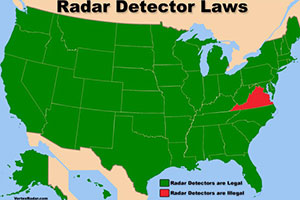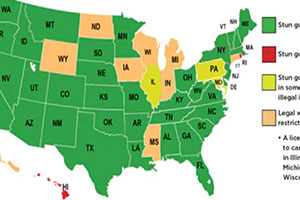How to Find Out if Someone is Incarcerated in the United States
Q&A | by
Determining if an individual is currently held in jail can be a pertinent question for families, friends, attorneys, or interested parties. In the United States, various methods can be utilized to look up someone’s incarceration status. This article guides through the general steps and resources available for such inquiries.
Step-by-Step Process for Locating an Inmate
Online Inmate Locators
Most state correctional departments and many county jails have online inmate locators on their websites. These databases allow users to search for inmates using personal information such as:
- Full name
- Date of birth
- Inmate ID number (if known)
- Sometimes gender and race
To use these tools, one must know the state or the specific facility where the individual might be held.
Federal Inmate Locator
For those incarcerated in a federal prison, the Federal Bureau of Prisons (BOP) operates an online inmate locator service. This can be accessed through their official website and searches can be conducted using the inmate’s BOP register number or their full name and date of birth.
Contacting the Facility
If online resources are not available or do not yield results, individuals can contact the jail or prison directly. Most institutions have a telephone number that can be called to inquire about an inmate’s status. It is helpful to have the inmate’s personal details on hand when making such calls.
Bail Bondsman Services
Bail bondsmen often have access to databases that track individuals who have been arrested. If an individual was recently detained and may not yet appear in online search systems, contacting a local bail bondsman could provide information.
Third-Party Websites
Various third-party websites compile incarceration information from public records. However, the accuracy and timeliness of these databases can vary, and some may charge a fee for their services.
Public Records Requests
In the absence of online resources or when direct contact with the facility is not possible, a formal public records request can be submitted. This process varies by state and can be more time-consuming.
Legal Considerations
Privacy Laws
While incarceration information is generally considered public record, there are privacy laws that protect certain information about inmates. As such, not all details about an inmate’s status or history may be available to the public.
Juvenile Records
Information about incarcerated juveniles is typically more restricted due to their age and privacy protections under the law.
Challenges and Limitations
- Incomplete Databases: Not all jails or prisons may have up-to-date online databases.
- Name Commonality: Common names may yield multiple results, requiring additional information to confirm identity.
- Recent Arrests: There may be a delay between an individual’s arrest and their appearance in online systems.
- Transfers: Inmates may be transferred between facilities, complicating tracking efforts.









